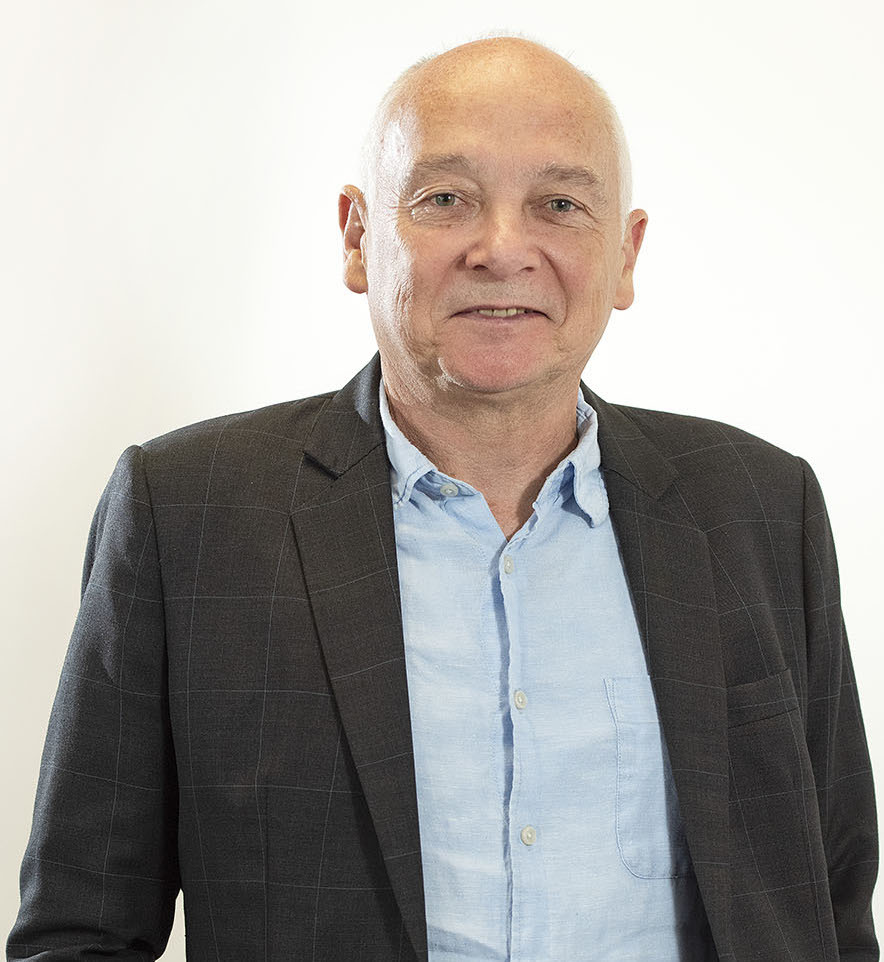Comment: Ignoring the data is an invitation to disaster
By Denis Moriarty
When it comes to asking for money, the community sector can't get away any more with slap-dash grant applications or tin-rattlers in panda suits. These days, funders and the public want hard outcomes data. How exactly do you help people? What happens when you do? Where? Who? How much? Where's the evidence?
Providing this information is a lot of work, but it's important, because it means the community sector spends its lean, precious dollars on programs and solutions that have been proven to work.
Evaluating good works is a tough ask, because there are a lot of different ways to make people's lives better and it's not easy to reduce them to a common scale where they can be compared.
Commercial enterprises have it easy - all they have to do is count the dollars. And governments have it easiest of all, because they don't have to provide evidence or make money - all they need to do, apparently, is to say that the opposition would have done a much worse job of it.
Governments don't have to show that their programs work, or even that they produce more good than harm. If a not-for-profit was applying for a grant to drug test welfare recipients, for example, it would have to put together a logic model showing how this was expected to result in improved outcomes - fewer welfare recipients taking drugs, presumably. It would have to reference lots and lots of existing research to demonstrate that there was some reasonable prospect of this actually happening, and it would have to commit to stopping the program immediately if the ongoing project evaluation showed that anybody was being damaged.
The government, on the other hand, can get away with slogans, anecdotes, and a barely disguised invitation for the well-off to pile onto "dole bludgers".
 Our Community's Denis Moriarty
Our Community's Denis Moriarty
The government not only acts without valid evidence, it also tries to suppress the evidence it does have. In July this year, when the Bureau of Statistics found that inequality in Australia was going up and tried to put out a press release saying just that, its political masters told it to add the headline 'Inequality stable'.
We're not quite at the stage of the old Great Soviet Encyclopedia, which instructed encyclopedia owners to obliterate all mentions of Joseph Stalin's disgraced secret police chief ('With a razor, cut out the article on "Beria, Lavrenty" on pages 21-24, leaving a sufficient margin to paste in the attached article on "Bering Strait, navigation of"'), but we're on the wrong side of the line.
What's really maddening is the sheer waste. The government's got an enormous workforce of talented analysts they could use to pull apart the enormous data stacks that public service departments generate every day. If not-for-profits had that capacity, they would be using it to find new solutions to Australia's problems (or perhaps - just as useful - disproving and discarding old ideas that don't work). As it is, the public service is just repurposing half its staff to stop the other half leaking the true state of affairs.
And as the government isn't about to start treating empirical evidence seriously, the rest of us have to. My company, Our Community, has set up its own data lab, working with not-for-profits to tease out evidence and use it to find better solutions to problems. Data science can help community service groups to sort out deep insights from transient prejudices; what's wrong with that?
I'll let off fireworks on the roof if I ever hear a politician say, "Well, yes, I did say that, but I was wrong. We've now done more research and it's clear our policy ought to change." I'm not holding my breath, though. We seem increasingly to be shackled to an inter-party agreement that inflexibility is strength.
Unpicking what the data means is often difficult. Ignoring what the data says is an invitation to disaster. The world is as it is: why would we wish to pretend it was otherwise?
Denis Moriarty is group managing director of OurCommunity.com.au.
What Our Community thinks about other big issues facing the community
Our Community contributes a monthly column that's published in 160 rural and regional titles across Australia, from daily newspapers such as the Bendigo Advertiser and the Illwawarra Mercury, to weekly publications such as the Goulburn Post, the Cootamundra Herald and the Jimboomba Times.
We're proud to take a stand on progressive issues, which we're able to do as a social enterprise that's not tied to the purse strings of any government or corporate organisation.
Here's a taste of some other recent commentaries as they've appeared in some of those publications, as well as our own.
What is the Catholic church teaching us about love?
August 2019: The Uluru statement: Why it’s time for the Commonwealth to show some heart
July 2019: Why homelessness is worth this gamble
June 2019: After election, life and advocacy must go on
May 2019: Pokies reliance is a risk to RSLs
April 2019: Kids are teaching us the power of protest
March 2019: Work-life balance pulls us in three directions
Feb 2019: Australia Day honours: Why being rewarded for doing your job is un-Australian
Jan 2019: Why 2019 gives me reason for optimism
December 2018: It’s time to stop blaming pollies and start getting active
November 2018: Community connection is an antidote to loneliness
September 2018: Good culture is the key to good communities
August 2018: Drought sees groups suffering in a sunburnt country
July 2018: Thai cave rescue shows that community bonds are our best insurance
